13 Mar Learn About Conflict Management in the Convenience of Your Own Home — Directly from the Author
Ever since mid-March 2020, when the first U.S. lockdowns took effect as the coronavirus began ravaging the globe, the shift from in-person learning to online platforms has been rapidly accelerating. In fact, soon after those initial mandated lockdowns took effect, live training programs in organizations and face-to-face interactions in colleges and universities were abruptly cancelled. For the next few months, companies and colleges were struggling with how to shift from their previous utilization of in-person programs in one physical location to some type of online virtual technology on the World Wide Web....




